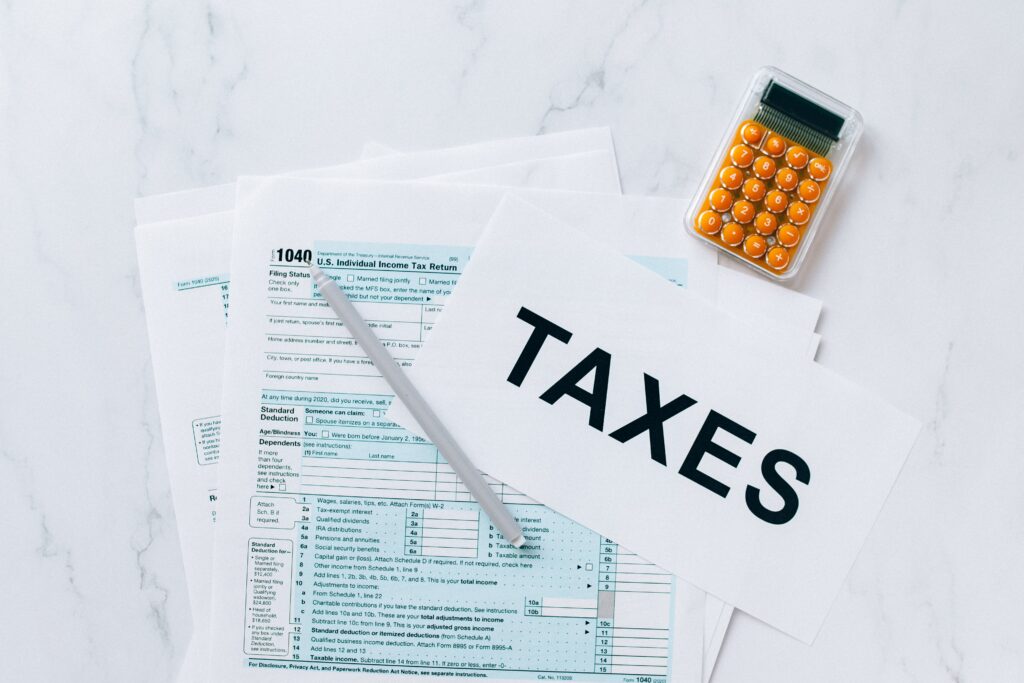Many investors are exploring tax liens and tax deeds as potential income-producing investments. However, they may need to understand the difference between the two fully.
Tax deed vs tax lien are auctioned by municipalities when homeowners fail to pay their property taxes. They allow investors to earn interest payments until the homeowner pays off the debt.
Tax Lien Certificates
Tax lien certificates are issued when homeowners fail to pay property taxes. Local governments then sell these certificates to investors at auction, who earn interest payments until the property owner pays back the delinquent taxes plus a penalty fee.
Investors who purchase a tax lien certificate also have the legal right to foreclose on the property within a set period. However, it’s important to note that tax liens are subordinate to other debts and liens on the property, such as mortgages, child support liens, IRS liens, and civil judgments.
Before investing in tax liens, it is important to conduct a thorough due diligence process, as the property is usually sold in its current condition. Purchasing a property in its current state can lead to significant unforeseen expenses and legal issues. While investing in tax liens can be profitable, it is crucial to fully comprehend the potential hazards and risks before deciding to invest.
Tax Deeds
A tax deed is a legal document that transfers ownership of real property to an investor. Like a tax lien, it is auctioned to the highest bidder. When purchased, the buyer must pay any outstanding property taxes. The property owner has a limited period to pay back the amount paid to the investor plus interest, and once that’s done, the investor receives full ownership of the property.
While investing in a tax deed is more complex than purchasing a tax lien, it can offer higher returns if the home increases in value or can be sold at a profit. Because of the increased risk, it’s important for investors to thoroughly investigate a property before bidding at an auction. This can include performing a title search and cure through a qualified title company or a quiet title action to ensure other claims of ownership have been cleared. This is known as the investor due diligence process.
Auctions
In most jurisdictions, property owners who fail to pay their taxes are notified that their property will be auctioned off. The highest bidder becomes the new owner of the property. Once the property is sold, liens and debts associated with the property are also transferred to the buyer. A knowledgeable investor who buys and resells tax deed properties can profit significantly from this investment. However, it’s important to thoroughly research, inspect properties, and understand local laws and regulations before investing in tax deeds.
Tax deed auctions are usually held online or in person. The minimum bid at auction is typically the amount of back taxes owed plus interest and costs associated with the sale. If state law allows a redemption period, the property owner has 48 to 72 hours to pay the outstanding taxes and interest. Otherwise, the property is sold to the winning bidder. Investors who purchase tax deeds are granted ownership of the property, which they can then choose to sell, live in, or rent.
Ownership
Ownership is the legal right to possess, control, and dispose of a property or asset. Tax deeds allow investors to purchase real estate at a fraction of its value, which can then be sold for a profit. However, this type of investment has its risks. Investors must thoroughly research and inspect properties before purchasing. Similarly, they should connect with an experienced title company to perform a title search to ensure the deed is clear of any liens and restrictions.
Despite these drawbacks, tax deeds offer investors several benefits, including the potential for higher returns, full ownership of the property, lower competition, and the opportunity to acquire unique properties. Investing in tax deeds is a great way to generate passive income and build wealth.



